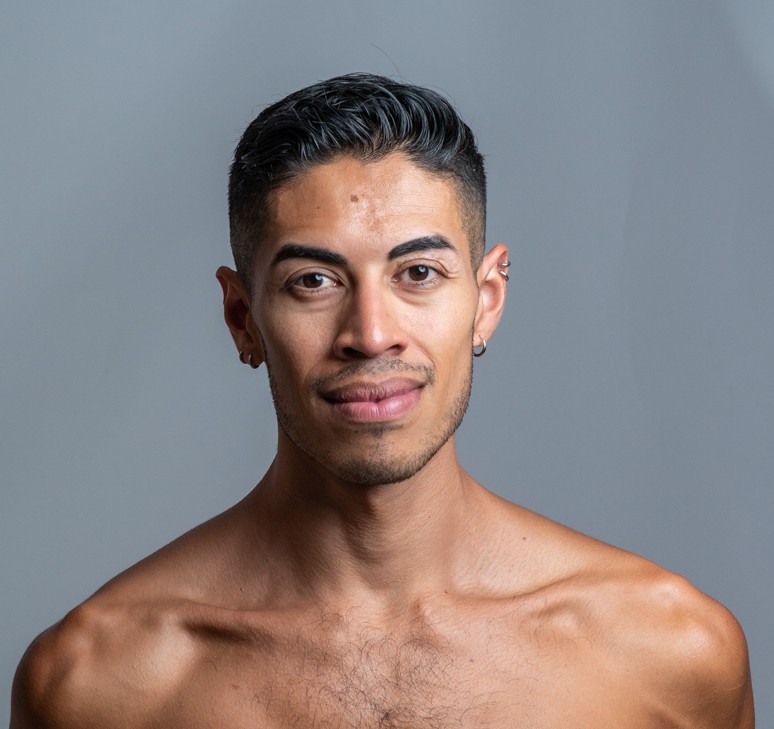We’re excited to introduce you to the always interesting and insightful Gabriel Mata. We hope you’ll enjoy our conversation with Gabriel below.
Hi Gabriel, thanks for joining us today. I’m sure there have been days where the challenges of being an artist or creative force you to think about what it would be like to just have a regular job. When’s the last time you felt that way? Did you have any insights from the experience?
I think one of the hardest things has been a sense of personal and social validation in a country that considers the arts as a hobby, leisure, and secondary to the progression of a social economy. The arts perform a vital source of identity, community engagement, and support for the local economy. My trajectory in dance has been one that has been impacted by these thoughts and I have come to a position now, in 2023, where I have been able to carve a professional path in the art. I work with communities and the art to carve that identity and social activation.


Gabriel, love having you share your insights with us. Before we ask you more questions, maybe you can take a moment to introduce yourself to our readers who might have missed our earlier conversations?
I come from an undocumented immigrant background. A career in dance was not at the forefront of my imagining of a lifelong career. My thinking was on the navigating of day by day, daily financial progression, not even stability. Nationally, funding is not available for undocumented artists or DACA (deferred action for childhood arrivals) recipients. This silences a portion of persons living in this nation. To only access dance forms that are performed by citizens is neglecting of the actual communities that form our everyday.
In dance, I specifically create what I call “motion memoirs.” These are talking dance works that focus on memory, story, and forward social momentum. As a person that grapples with intersectionality, I have so much to say for myself and as part of marginalized communities. I am not a dance purist and need / use other forms of art and communication to express our shared and lived humanity.
I am most proud of the continual social support from my community my contemporaries. What I once thought was dance just centered on my own experiences also happens to be the expression and possible form of learning of others.


Are there any resources you wish you knew about earlier in your creative journey?
Through my undergraduate and graduate studies, I wish I would have been trained in grant writing. These local funding sources have been able to support my artistic practice and projects for the past three years. The specific language that is required is one that has taken me time to develop. Grants and fellowships also offer opportunities for collaboration within local artists. I think beyond my own work and how I bring community together. Grants can support small and larger projects.
How about pivoting – can you share the story of a time you’ve had to pivot?
In high school, I grew up thinking I could navigate the world like everyone else. In my teens is when I realized exactly what an undocumented immigrant is limited to. A lot of what I imagined to be career opportunities were dismantled. There is a limited opportunities for immigrants, of varying status. I immersed myself in what I was good at at the moment and continued to keep studying through scholarships that funded my studies. The realization that I did not have career prospects what a defeating sense of purpose. I could not be the nutritionist that I wanted to be. Or to develop the non-profit that would help domestic abuse victims that I imagined. My career in dance came from a survival tactic. While I have deviated from those initial plans, there are still some forms of activism that can connect to those communities and themes that I was interested in.
Contact Info:
- Website: https://www.gabrielmatamovement.com
- Instagram: @gabrielmatamoving
- Facebook: https://www.facebook.com
- Youtube: https://www.youtube.com/channel/UCTVu0wly-tScaISm4oGaYfA
Image Credits
Ryan Uy Bill Cameron Mark Thalman Rob Klug


